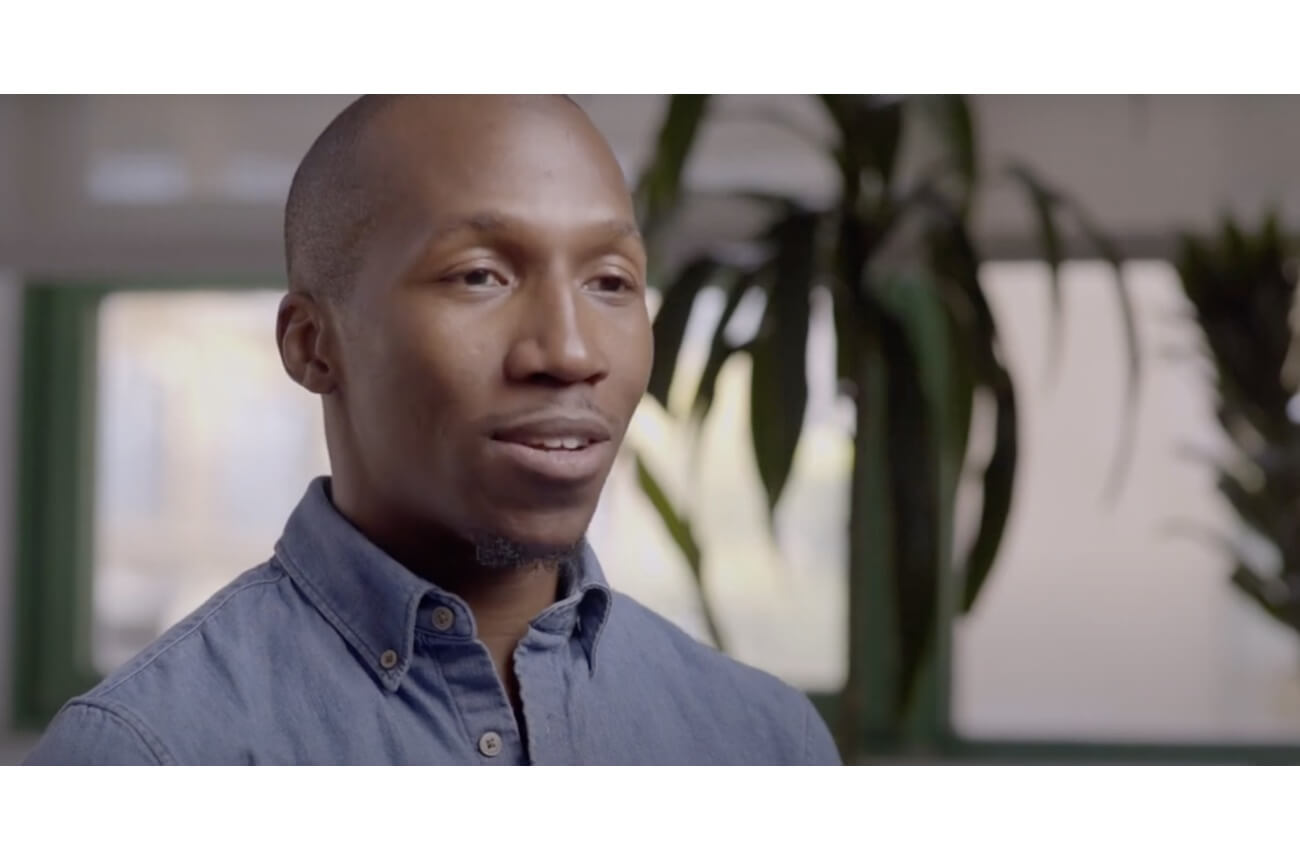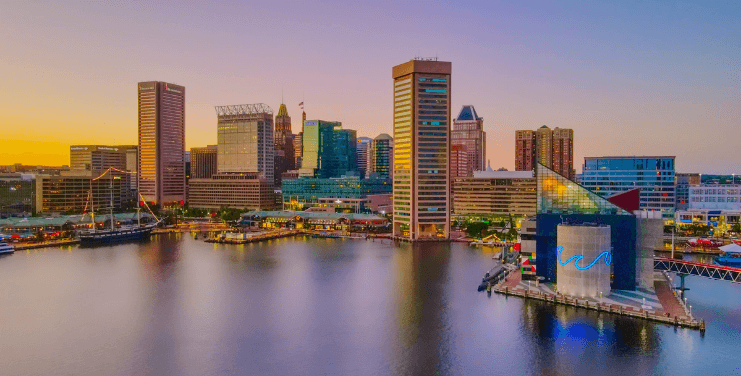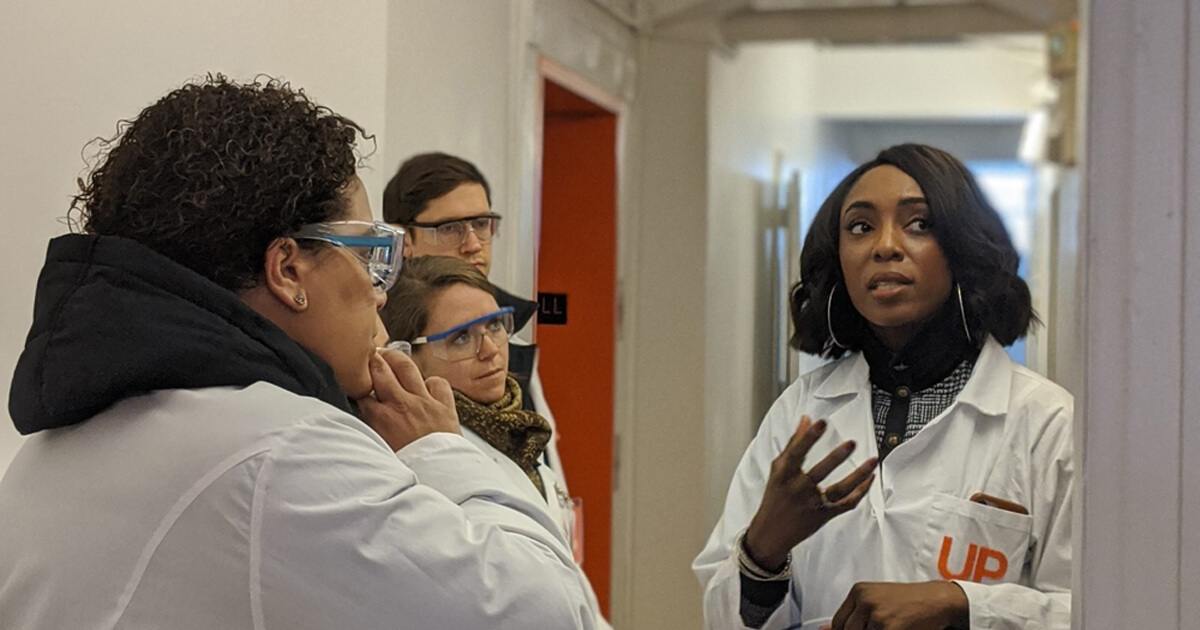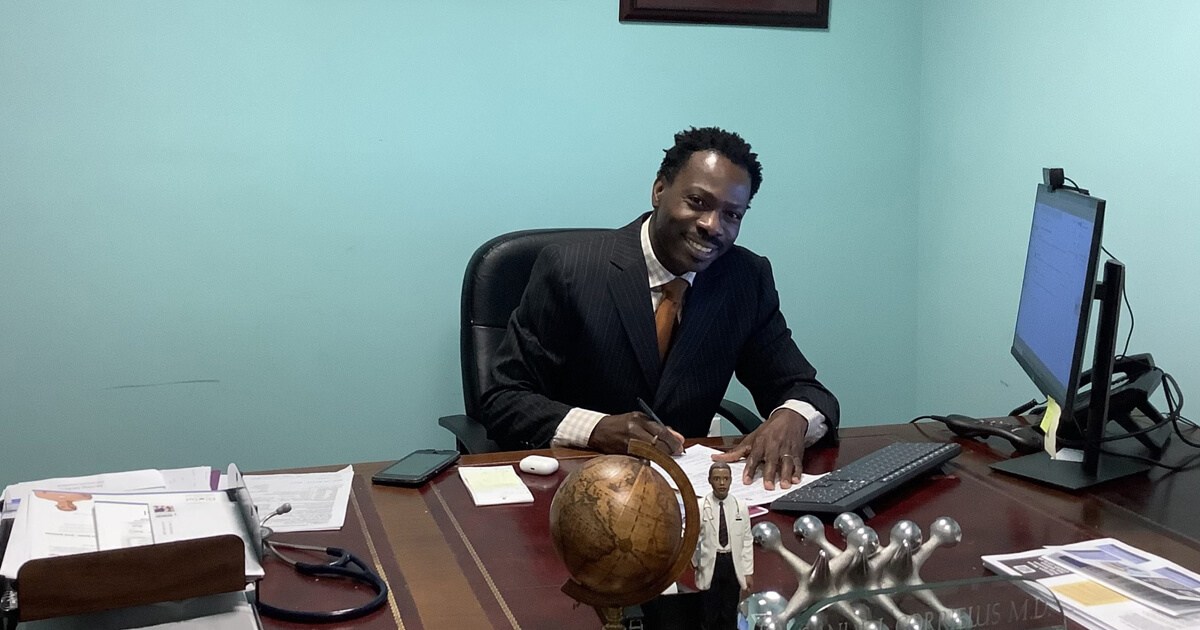After more than a year of pandemic upheaval, revenue is up for Dollaride, a tech-enabled company of commuter vans that is solving an unmet need in transit desert communities underserved by municipal transit in New York City.
“I thought that a year later or as the initial pandemic was subsiding, ridership might slow down or that we might hit a plateau because the pandemic accelerated our business and the visibility of the transit desert issue,” Su Sanni, founder and CEO of Dollaride, told The Plug. “But, our ridership continues to grow. More people are going back to work in person and it’s creating a stronger demand.”
At the current growth rate, the company tracked 20-30 percent week-over-week spikes in ridership for the past several months. The platform has organically grown to over 6,000 regular users.
While the company is in part aimed at individual riders, 90 percent of Dollaride’s revenue comes from enterprise partnerships. Sanni is planning for the development of sponsored routes that will further integrate enterprise customers who need a transit solution for wage workers but also integrate local businesses.
Along the Dollaride routes are many retailers that rely on foot traffic who have also begun to promote their business to riders through advertisements.
“We’re able to give local businesses exposure to tens of thousands of riders and pedestrians, once we’re at scale in NYC impressions will be well into the 2-3 million, local businesses can partner with Dollaride to grow their business.”
As Sanni looks to the future his focus is on greener technology like electric vehicle van fleets and municipal contracts. A competitor, Via is a car service company that has successfully navigated the public-private partnership, so much so that their services have pivoted to mainly focus on municipalities. But Sanni notes that Dollaride differs in its focus on transit deserts.
“The transit desert issue hasn’t improved in a significant way, there’s a lot to be done from Dollaride and companies like ours, but certainly through the public sector,” Sanni said. “Public transit needs to reassess their priorities and budgets to address the needs of folks who are in transit deserts, it’s a big challenge, you’re dealing with rigid assets and infrastructure.”
Sanni sees progress through the public sector partnering with private companies like his and has already explored the model for this with a state agency in New York. To meet growing needs the company is expanding it’s team and hiring for three new roles.
While the pandemic may be far from over, it hasn’t meant a slowdown for everyone.
“At this stage, we are trying to ramp up our business development,” Sanni said. “We want to hire more folks who represent the community.”








